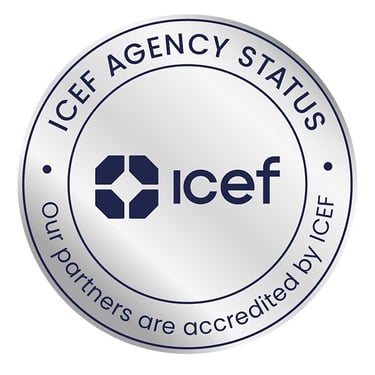

Australia Immigration Visa & Its Categories
The Australian visa system is designed to cater to various needs and circumstances of foreign citizens wishing to enter and stay in Australia. The visa policy deals with all the requirements that a foreign citizen needs to have to enter Australia. Every foreign citizen who is willing to visit Australia should get his or her visa beforehand. A visa serves as a permit to enter as well as stay in Australia for a specific duration based on the type one applies. The Australian visa rules are mentioned under the Migration Regulations, as per the Migration Act 1958, all of which are administered by the Immigration and Border Protection Department. Here’s a comprehensive overview:
Classification of Australian Visas
Visitor Visas
Tourist Visa (subclass 600): Ideal for those travelling for leisure.
Electronic Travel Authority (ETA) (subclass 601): Suitable for short visits for tourism or business from eligible countries.
eVisitor Visa (subclass 651): For citizens from certain European countries, allowing short stays.
Student Visas
Student Visa (subclass 500): For international students enrolled in full-time study.
Work Visas
Temporary Skill Shortage Visa (subclass 482): Allows skilled workers to work in Australia if there’s a skills shortage.
Skilled Independent Visa (subclass 189): For skilled workers who are not sponsored.
Family Visas
Partner Visa (subclass 820/801): For partners of Australian citizens or permanent residents.
Parent Visa (subclass 103): For parents of Australian citizens or permanent residents.
Permanent Visas
Various subclasses are available for skilled workers, business owners, and family members.
Key Visa Requirements
Valid Passport: Must be valid for the intended duration of stay.
Health Insurance: Some visas may require proof of adequate health coverage.
Character Check: Applicants may need to submit police clearance certificates.
Financial Evidence: Proof of sufficient funds to support oneself during the stay..
Application Process
Identify Visa Type: Determine which visa best suits your purpose.
Document Preparation: Collect required documents, including identification and financial statements.
Application Submission: Most applications are submitted online via the Department of Home Affairs website.
Processing Time: Varies by visa type; applicants should be prepared for possible delays.
Visa Grant: Upon approval, adhere to any conditions set with the visa.
Important Considerations
Compliance: Adhering to visa conditions is crucial to avoid penalties.
Stay Updated: Visa regulations can change, so check the official government website for the latest information.
This framework ensures that foreign citizens can understand their options and the steps involved in applying for an Australian visa, making the process smoother and more efficient. For personalized guidance, consulting a migration agent or legal expert is advisable.
Australia is not only one of the most popular tourist destinations but is also known for its strict immigration regulations. It maintains a standard visa regime for every non-citizen of Australia. The visa is obtained only if the law permits it. The country is admired for its visitor visa, as it is exempted to :
· New Zealand citizens, under the Trans-Tasman Travel Arrangement
· Citizens belonging to countries that are eligible for ETA (Electronic Travel Authority)
· Visitors who qualify for visa-free travel under special programs like Special Purpose Visa
· However, since September 1, 2015, Australia stopped issuing visa labels. Therefore, all visa types are granted and stored in a central database. The visa details can be accessed only via VEVO (Visa Entitlement Verification Online), a digital service that is administered by the Immigration and Border Protection Department.
If you have specific questions about the application process or requirements for an Australian visa, feel free to ask! Emanate Globus can provide detailed information or help clarify any points you may be unsure about. If you prefer to reach out directly, providing contact information or an email address is a great way to ensure you receive tailored assistance. Let us know how you’d like to proceed!



